INNER 007 -- "Now pay attention 007..." Welcome to Q-branch: The gadgets, the gizmos, the electronics – the tools that you rely on in the field to give you an edge, and to help you to be a little bit more like James Bond? What would be the essentials that you would need from Q-branch?
Your Base of Operations
Let’s start at the foundation. Your first gadget, isn’t a gadget at all. Let’s begin with what Paul Kyriazi refers to as your “base of operations.” As Kyriazi says, a good starting place for all your future Bond missions, is by setting up and maintaining an area in your home that you use as your base of operations; your personal command center. This can be a home office; a room set aside for your desk, personal computer, storage for files and personal documents, etc. Shelves or a small bookcase is also helpful.
If you don't have a separate room designated as an office space, you can put a desk and chair in your bedroom, or perhaps just a small table, or even just the top of a dresser, or even a small section of your kitchen counter. The bottom line is that it's essential to have a space set aside as your mission control center. As Paul suggests, this is the place where you will keep important items such as your wallet, your keys, your money clip, along with any other items that he says are critical for planning out your missions – specifically, your calendar and your calculator.
What are your missions? Your missions are whatever you decide they're going to be; whatever goals or milestones you set for yourself. So where do the calendar and calculator come in?
As an example, maybe your next Bond mission to take a trip to the Bahamas. Your very first step will be to mark your target date on the calendar; this is the day when you plan to take that trip. From there, you can begin to break down and list all the things you will need to do to prepare for the trip (examples: renew your passport, meet with a travel agent, buy your plane tickets, purchase new luggage, etc.), and then mark these milestones on the calendar, keeping you on track, and giving you enough time to be ready when the day arrives.
Next, use your calculator to decide how much money you will need for the trip, and then break it down to determine the amount you need to set aside each week (or month) leading up to the trip. Example: add up the cost of hotel, airfare, dining, gambling, day trips, shopping, and any other incidentals you can think of (be sure to round up and add some padding for good measure), and come up with a total cost. For example, a trip to the Bahamas one year from now might cost $2,500 – divide that by 12 months, and you need to set aside roughly $210 per month. Or, if you receive paychecks twice monthly, put aside $105 per paycheck, etc.
Also, be sure to refer to your calendar milestones to plan your savings goals accordingly. Perhaps your travel agent indicates that in 4 months time, you will have to put down 60% of your total cost – naturally, that will change your target goals. In this example, you would need to pay $1,500 (60% of $2,500) in 4 months, requiring you to set aside $375 per month for the first 4 months. Then for the remaining 8 months, your target goal is only $125 per month. So use the calendar and calculator together for maximum effect.
What if your mission is a little more abstract? Perhaps your goal is to get into shape; for example, to lose 10 pounds, or to add 5 pounds of muscle. The principles are the same – choose a target date on the calendar to shed those 10 pounds, and break the time into weeks. Say you want to shed 15 pounds in 3 months (or 12 weeks): the goal then is to lose 1.25 pounds per week. Simple enough.
The difference between a dream and a goal is a deadline. Once you’ve set a date to make that dream come true, you have now created a goal. Don't ever underestimate the value of the calendar and the calculator as Bond gadget. As I mentioned to Paul Kyriazi personally, I know that the calculator and the calendar are critical tools, because when I fail to use one of these gadgets, my plans veer off track. So keep these tools as essential components of your base of operations.
The iPod
Certainly, a lot has changed since Paul Kyriazi first posed some of these ideas. The principles are still the same, but the technology is evolving at a geometric rate. It seems like things are evolving faster and faster all the time.
Just a small example of how much has changed; Paul suggested using a tape recorder to listen to audiobooks. Again, the principal stays the same, but the technology here has advanced tremendously to make it so much easier to download and listen to audio books. Goodbye Sam Goody, Hello iTunes Store!
Chances are you’re already familiar with an iPod. Since its introduction, the popularity of the iPod has exploded, and their capacity keeps increasing. You can now purchase audiobooks as soon as you think of it, and you can listen to it whenever and wherever you want. I frequently listen to audiobooks right at my desk at work. There are two excellent resources for downloading audiobooks: Audible.com and the iTunes store.
And in addition to audiobooks, another great resource for audio information and inspiration is podcasts. If you’re listening to the Being James Bond podcast, then chances are you're listening to other podcasts as well. There's a lot of really good information out there being put out by people who are very passionate about their subjects, and with only a few exceptions, podcasts are free. So definitely check out some other podcasts, and definitely check out some good audiobooks as a way of increasing your knowledge and skill sets.
The Smart Phone
When it comes to technology, and the tools that help you in the field, we’re obviously just scratching the surface. One device that is so obvious it probably doesn't even need mentioning is the personal computer. If you’re like me, you've had a computer pretty much all your life, and if you're as old as I am, you can even remember having a computer before there was an internet. Today, it’s pretty hard to remember why we needed a computer before the 1990s.
With the technology of today, you can pretty much have a computer with you no matter where you go. Another device that keeps you connected on the go is, of course, your smart phone. Again, hard to imagine what we ever did before cell phones. These days, we leave the house without our cell phone, we’re completely lost. Your smart phone can now do most of the things your personal computer can do, and a few things your computer can’t!
Whether you carry an iPhone or a Samsung Galaxy or a Google Pixel, etc., your smartphone can do an awful lot. While I hate to sound like a commercial, for whatever you need, there’s probably an app for that! Today, you can use your smart phone to check your e-mail, your bank account, find out the news and weather reports, check your Facebook page, send a Tweet, check movie or restaurant listings, you can listen to music with apps like Pandora, you can read books with your Kindle app, update your Netflix account, play games, etc etc etc. It really is true, there’s not much left you can't do with your phone.
The Tablet
While we're talking about smart phones, we might as well talk about tablets. I have to confess, I was really reluctant about getting an iPad. In fact, I was even a little bit resentful, because like many people, I already had a Kindle, and I liked it. It seemed to me like Apple had to squash the Kindle by coming up with its own tablet. It just seemed to me that the iPad was nothing more than an oversized iPhone.
I have to admit that I use the iPad much more than I ever thought I would. While it does have a lot of the same functions as my iPhone, the bigger size does come in handy for many things. For example, while I still prefer an actual book, I sometimes use the Kindle app on my iPad, just like I did with the actual Kindle. Also, I can watch videos and movies with it. Any of the streaming movies that Netflix offers can be streamed into your iPad, so weather I’m watching movies on Netflix or Amazon, or just browsing videos on YouTube, I can literally lay in bed and watch video with my earbuds. I also find myself propping up my iPad with cooking videos while I’m in the kitchen.
By the way, Netflix also has a lot of great documentaries, including “how to” documentaries on many of the topics we talk about here at Being James Bond; how to play poker, how to mix cocktails, etc. So while the iPad can just be something to have fun with., it can also be a useful tool. There are a lot of really good apps to keep you connected and keep you organized. I frequently use my iPhone and my iPad to not only use my calendar, but also to send me reminders.
GPS
An obvious gadget that I highly recommend is a GPS navigator. Yes, that high-tech gadget that James Bond originally had in the Aston Martin DB5 in Goldfinger, and updated to fit in Bond’s smartphone in Casino Royale, is not only something that you can have, but it's a fairly common convenience. The first time I purchased a GPS for myself, it felt like one of life's problems was permanently solved – I’ll never get lost again! A GPS can help you to not only find your location, but can now help you to avoid traffic, warn you of hazards on the roads, and even alert you to police presence. It can even calculate your arrival time with amazing accuracy! If you don't already have a GPS, I highly recommend getting one, or downloading an app for your smartphone. Very 007!
Low Tech Gadgets
Before we finish up our first visit to Q-branch, I should also mention that not every gadget has to be high tech. Maybe one of your best Q gadgets is your travel kit, or you have a special document holder for all your important travel documents such as plane tickets, passport, etc., or maybe it's a universal adapter for traveling abroad. Maybe your GPS or your smartphone is set up to work internationally so that you are always connected and don't get lost when traveling abroad.
So not every gadget has to be the latest technology. It's simply any tool that helps you to have an edge in trying to be a little bit more like James Bond.
(Note from the author: Needless to say, there have been leaps and bounds in technology since this podcast was first recorded in 2011 – GPS was still relatively new development at the time. The author has made some minor updates when transcribing this article, but a ‘Q-branch Revisited’ article is coming soon!)

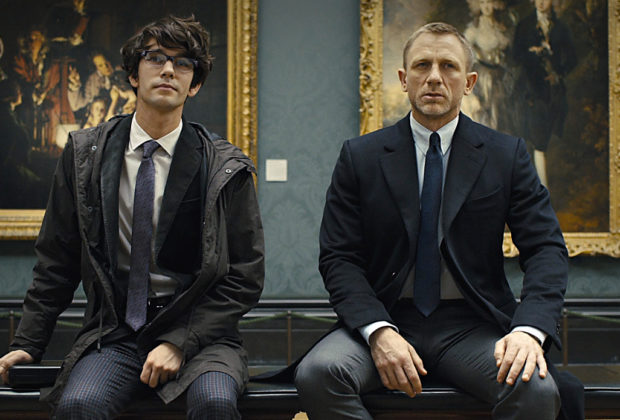
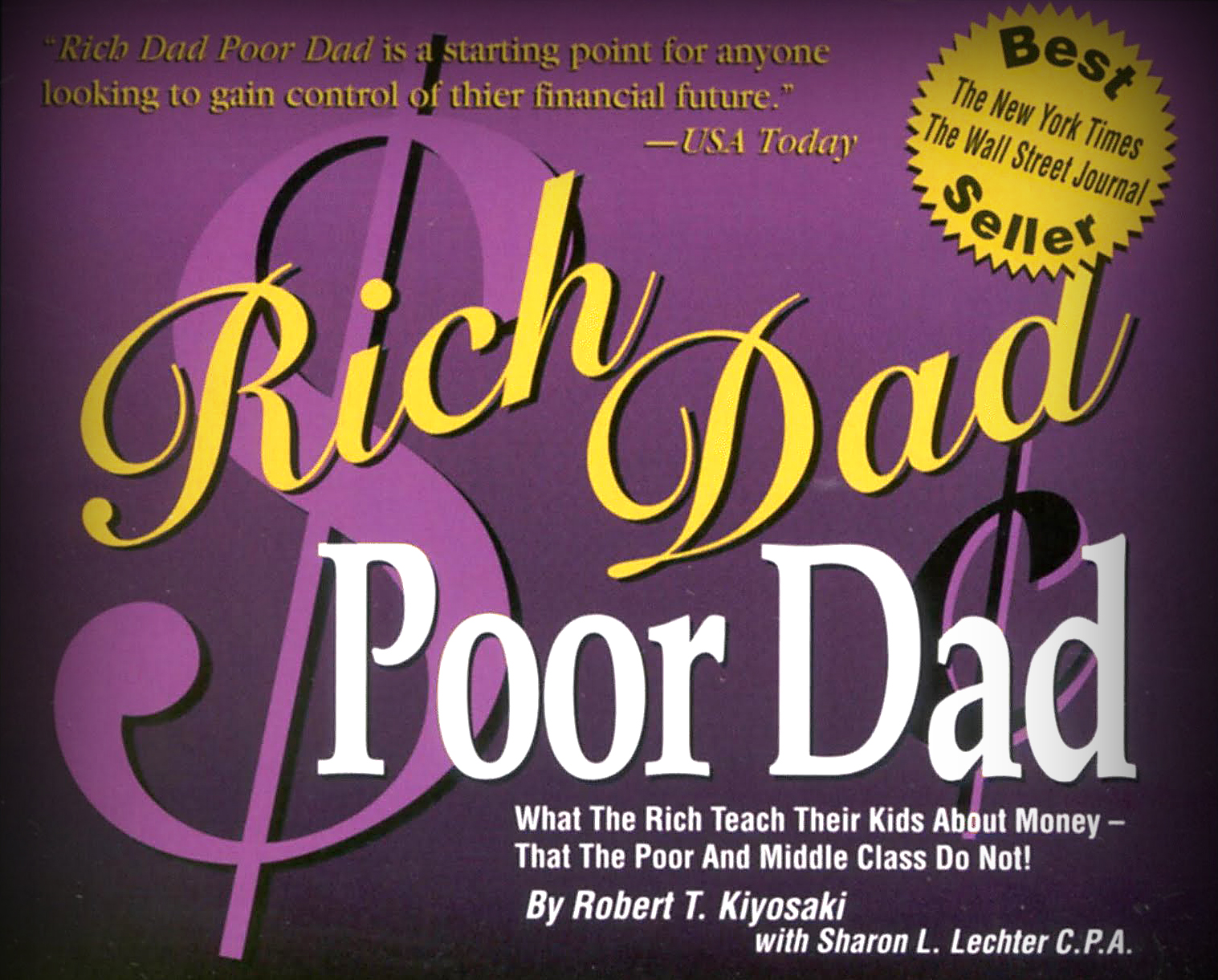

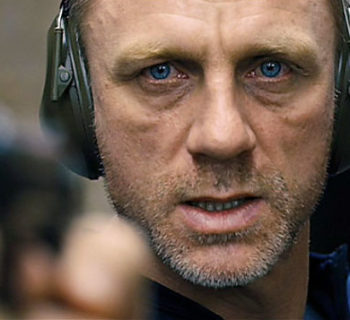
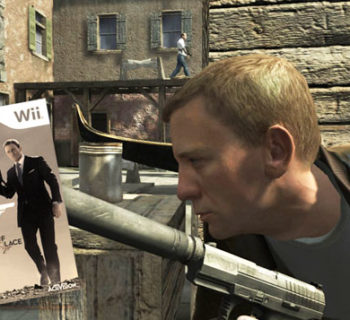


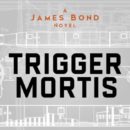
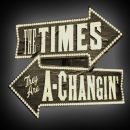

Top 5 Rejected James Bond Theme Songs
The "No Time To Die" Review